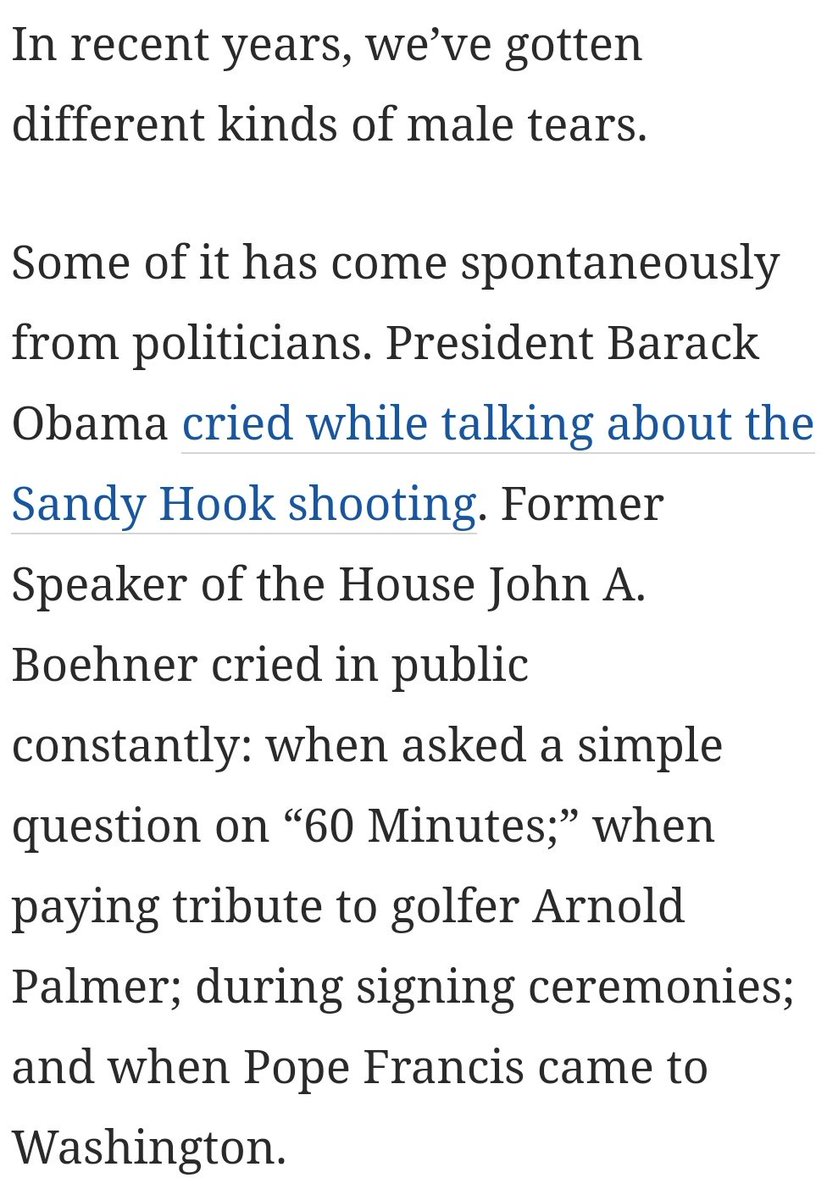
Dear Kenyans,
Question: What did "internal self-rule" mean and how did it differ from "independence"?
#MadarakaDay2021
Question: What did "internal self-rule" mean and how did it differ from "independence"?
#MadarakaDay2021
I asked the same question last year. Yet to get a good answer.
https://twitter.com/gathara/status/1267380917024235521?s=20
Perhaps this from Lord Colyton in the UK House of Lords on 15 July 1963, the month after the first #MadarakaDay, offers some clues. Basically, he says it was about allowing institutions to find their feet before full independence. A trial run of sorts.
api.parliament.uk/historic-hansa…
api.parliament.uk/historic-hansa…

#MadarakaDay came with its own constitution, which again was a watered down version of what Kenya was expected to have at independence. This from the Minister for Colonial Affairs: 

Colyton made clear that the ability to make any changes to the self-government constitution was only to be exercised by the British, not by Kenyans. It was only in the post-independence period, and with the independence constitution that Kenyans would get this power. 

So what changed at independence? Not much else apparently, if G.G. Kariuki is to be believed. He wrote a great PhD dissertation on the Lancaster House talks.
https://twitter.com/gathara/status/1267387082261106688?s=20
The power to change the constitution, though, was enough. I believe it was Jaramogi Oginga Odinga who said that the important thing was to get independence because once we got it we could change the constitution.
Which leads me to the current debate over the BBI ruling and Kamau's insistence that it was fundamentally a chain on the people's sovereignty. That, kinda like the situation at independence, Kenyans have the unrestrained power to ament the constitution as they see fit.
Only at independence, it wasn't "the Kenyan people" who got power to change the constitution. It was rulers who proceeded to undo all constitutional restraints, including provisions protecting the regions and the bill of rights, and to recreate centralised colonial dictatorship.
Remember, the Independence constitution attempted to protect its basic structure, with very high requirement for altering specific entrenched provisions. But it didn't reckon with elites that would cross the floor and band together to undo it. The same is happening today.
The only difference today is that we have a judiciary that has shown itself willing to stand with the people and the constitution against the politicians who seek to undo the constitution and the restraints it places on our rulers.
It is important to recall that the 2010 constitution basically undid the amendments that KANU had inflicted on the independence constitution. What Kamau, Raila & Co. are attempting is to do is to repeat that history of using amendments to degrade the essence of the constitution.
It bears recalling that so successful was KANU in doing so that less than 6 years after independence, we basically had a new authoritarian constitution without the bother of constitutional conferences. This is what Kamau, Raila & Co. are attempting and why #BBIJudgement matters.
A final thought. Here is an excerpt from Githu Muigai's (yes, that one) PhD thesis. Note the familiar language and how allowing equal treatment for all clauses in the independence constitution altered its fundamental character. Same is being tried today. erepository.uonbi.ac.ke/handle/11295/1… 

Note too that the procedure to amend the constitution was one of the first things KANU went after. Making it easy to change was a path to demolishing it. The High Court called out Kamau for trying the same by abusing the popular initiative route and circumventing Parliament.
• • •
Missing some Tweet in this thread? You can try to
force a refresh






